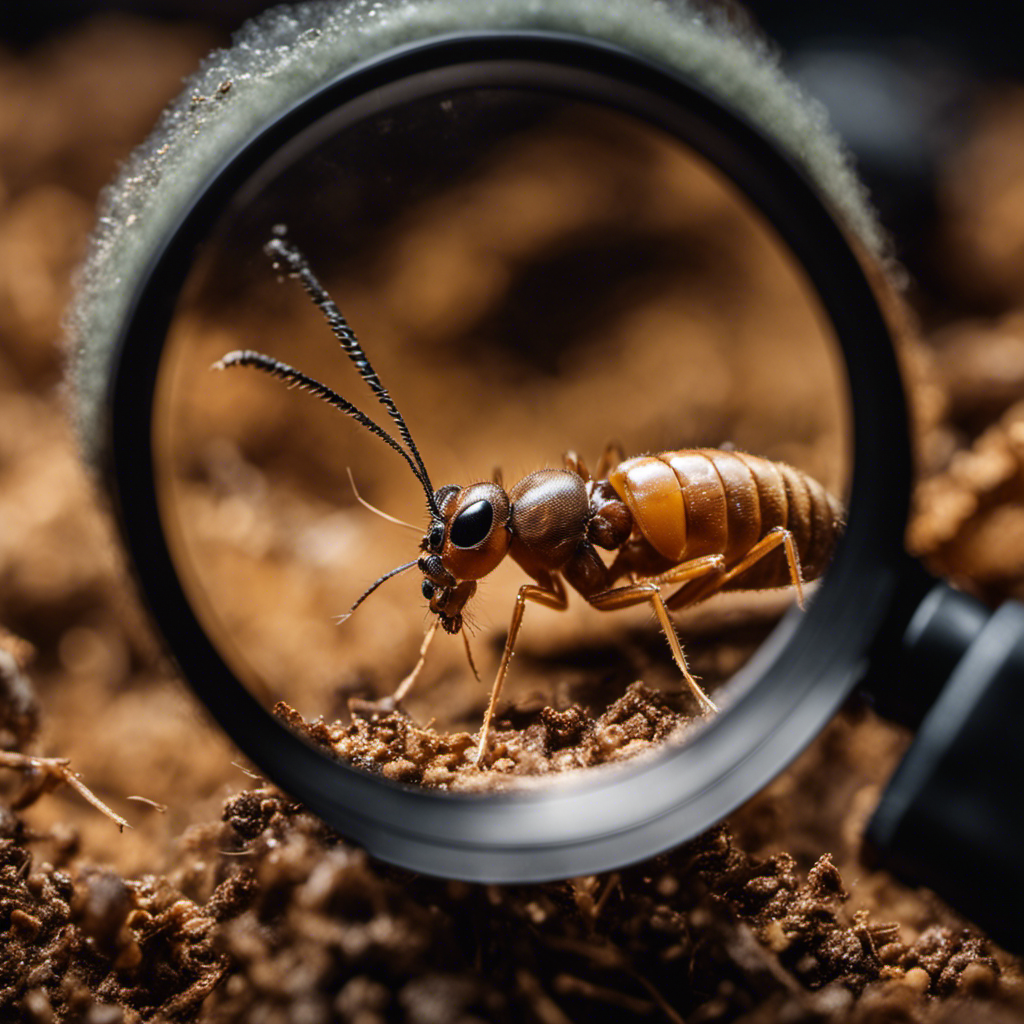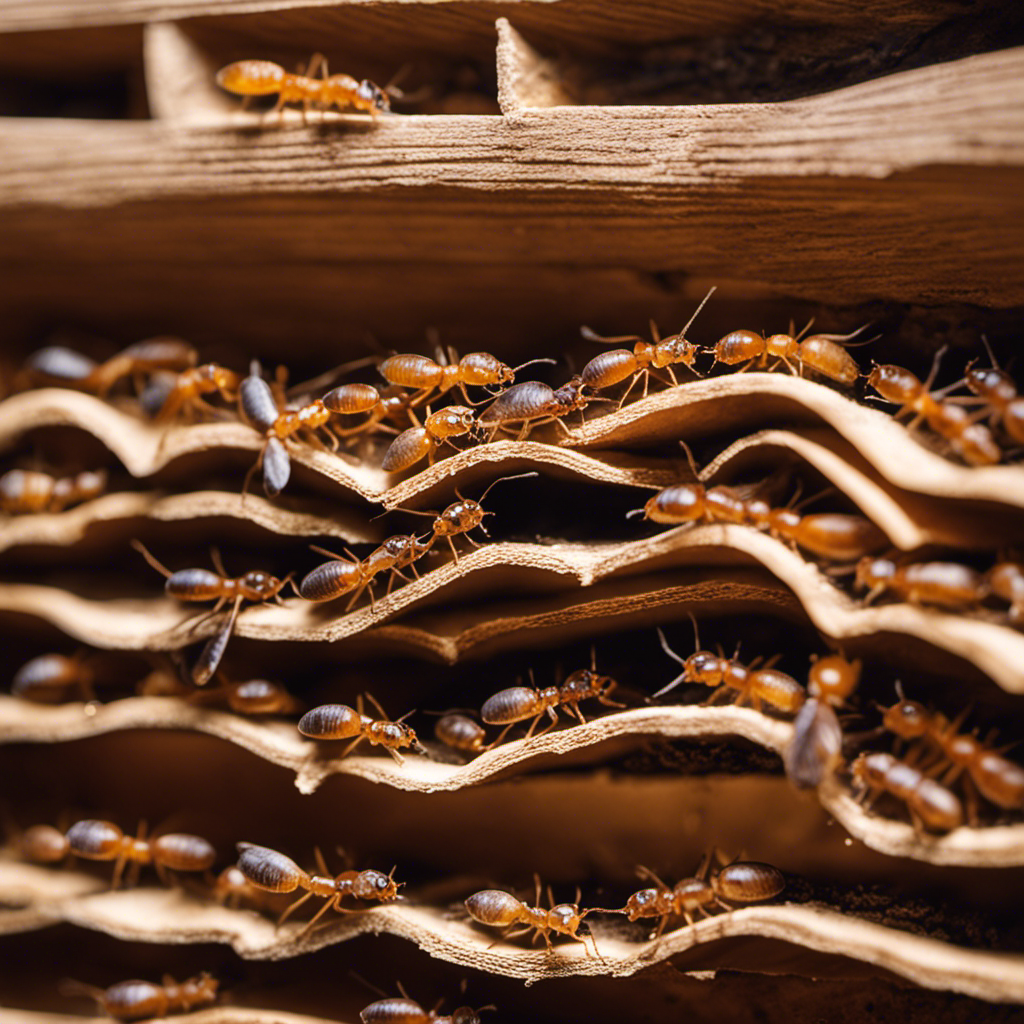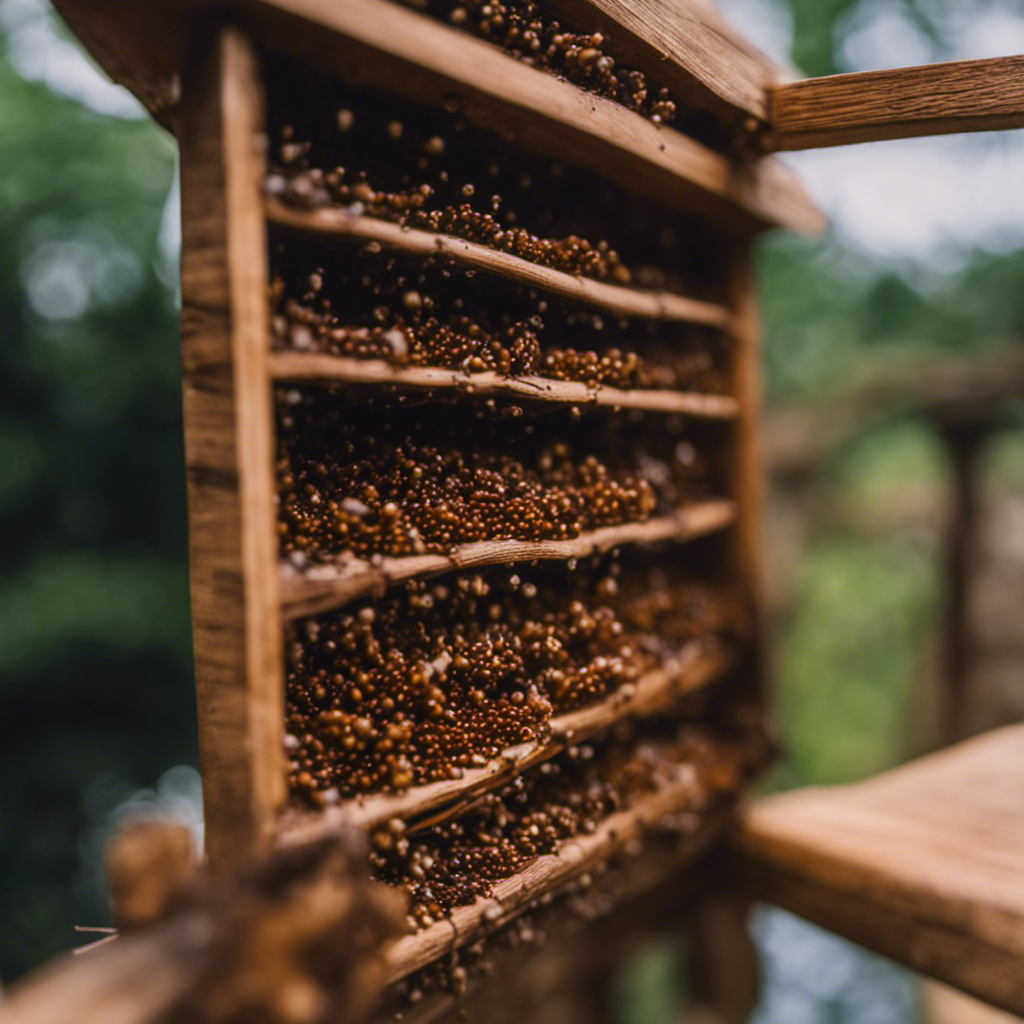Termite Control St. George
When it comes to protecting our homes from the destructive power of termites, we understand the importance of knowledge and proactive measures. That’s why we are here to provide you with expert termite treatment & pest control services in St. George.
Expert Termite Control Services
If you’re looking for expert termite control services in St. George, you’ll be pleased to know that Shakespeare offers thorough inspections and has knowledgeable specialists who provide great work for a fair price.
Our team understands the importance of protecting your home from the damages caused by these destructive pests. We specialize in pest control and have lots of experience in the St. George area.
When it comes to termite infestation, prevention is key. Our specialists are trained to identify potential termite entry points and vulnerable areas in your home. We conduct thorough inspections from top to bottom. Our goal is to not only eliminate current termite infestations, but also to prevent future ones from occurring by treatment.
If you’re in the St. George area and in need of termite services, look no further. Contact Shakespeare today and let us help you keep your home termite-free.

Trusted St. George Termite Pest Inspection
Our pest control services in St. George are designed to not only eliminate current infestations but also to prevent future ones from occurring. We understand that pests can cause significant damage to your property and can be a nuisance to deal with. That’s why we take a proactive approach to pest control and treatment, focusing on preventative measures to keep your property pest-free.
Using our expertise and the latest industry techniques, we employ a range of treatments to eradicate termites from your property. Whether it’s using treated wood or non-wooden materials to repel termites or applying targeted chemical treatments, we ensure that your property is protected from these destructive pests.
Our goal is not only to eliminate the current infestation but also to provide long-term protection against future termite problems.

Effective Termite Treatment
When it comes to pest control, especially termite extermination, time is of the essence. Termites can cause extensive damage to the structure of your property if left unchecked. That’s why our team at Shakespeare is dedicated to providing prompt and reliable service.
We utilize a combination of proven treatment methods and state-of-the-art technology to ensure that every last termite is eliminated.
Whether you’re dealing with a termite infestation or a pest problem, our team is here to help. Trust Shakespeare for effective termite extermination and pest control solutions in Utah.

Get Comprehensive Pest Control Solutions From Shakespeare Pest Control
When dealing with termites, it is important to enlist the help of a professional exterminator like Shakespeare pest control.
We have the experience and training needed to properly identify the type of termite infestation, determine the best way to remove them and provide long-term control solutions to prevent future infestations.
Professional exterminators can also provide advice on how to prevent termites from coming back.
With our help, you can be sure that your home or property is free of termites.
Frequently Asked Questions
How long does a termite inspection typically take?
A termite inspection typically takes about 1-2 hours, depending on the size and complexity of the property. During the inspection, a thorough examination is conducted to identify any signs of termite infestation and provide treatment recommendations.
What are some common signs of termite infestation that homeowners should look out for?
Some common signs of termite infestation that homeowners should look out for include: mud tubes on walls or foundation, hollow-sounding wood, discarded wings, and frass (termite droppings). If you notice these signs, it’s important to schedule a termite inspection.
Can termites cause structural damage to a home?
Yes, termites can cause significant structural damage to a home. They feed on wood and can weaken the structural integrity of a building. Regular inspections and preventative measures are crucial to protect against termite infestations.
How often should a home undergo termite inspections?
We recommend conducting termite inspections on homes annually. This helps identify and address any potential termite infestations early on, preventing costly structural damage. It is a proactive measure to protect the home and ensure peace of mind for homeowners.
Are there any preventative measures homeowners can take to reduce the risk of termite infestation?
To reduce the risk of termite infestation, homeowners can take preventative measures such as using treated wood or non-wooden materials, keeping wood and cellulose insulation away from soil, and regularly inspecting and maintaining vulnerable areas like tree stumps, fence posts, and deck posts.


















